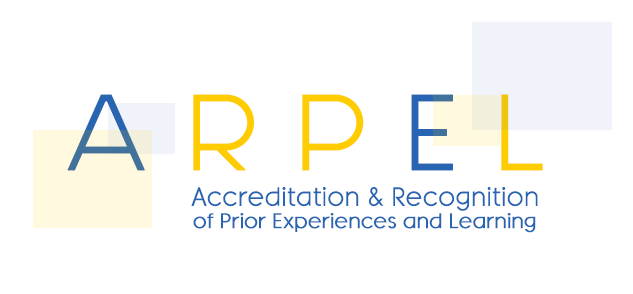Erasmus+
Erasmus+ is the EU’s programme to support education, training, youth and sport in Europe. It has an estimated budget of €26.2 billion. This is nearly double the funding compared to its predecessor programme (2014-2020). The 2021-2027 programme places a strong focus on social inclusion, the green and digital transitions, and promoting young people’s participation in democratic life. It supports priorities and activities set out in the European Education Area, Digital Education Action Plan and the European Skills Agenda.
The programme also
- supports the European Pillar of Social Rights
- implements the EU Youth Strategy 2019-2027
- develops the European dimension in sport
Opportunities
Erasmus+ offers mobility and cooperation opportunities in
- higher education
- vocational education and training
- school education (including early childhood education and care)
- adult education
- youth
- and sport
The development of the research and the Bachelor’s degree in Entrepreneurship programme together with its implementation of a pilot intake being developed by the partners is a project that has been approved for co-funded through the Erasmus+ Funding Programme.

The ARPEL4ENTREP project has been approved under Key Action 2 – Strategic Partnership. Key Action 2 is designed to develop the education, training, and youth sectors through five main activities: Strategic partnerships to support innovation in the sector as well as joint initiatives to promote cooperation, peer-learning, and the sharing of experience.
Knowledge Alliances to foster innovation in and through higher education together with businesses, and beyond, contributing to new approaches to teaching and learning, entrepreneurship in education, and the modernisation of higher education systems in Europe. Sector Skills Alliances to tackle skills gap and ensure a better alignment of vocational education and training with labour market needs. There are opportunities to modernise VET, exchange knowledge and best practices, encourage working abroad, and increase the recognition of qualifications. Capacity-building projects in the field of higher education to support the modernisation, accessibility, and internationalisation of higher education in Partner Countries. Capacity-building projects in the field of youth to support the development of youth work, non-formal learning, and volunteer work, as well as promote non-formal learning opportunities with Partner Countries
The aim of this ambitious project is to leverage the infrastructure and competencies of the partners in elearning and the collective expertise and resources of the partners in creating a programme which would encourage entrepreneurs to pursue studies at Level 7. The programme would provide a structured manner in which VPL and RPL frameworks can be integrated with innovative online coursework including game-based learning to enable participants to earn the required 180 ECTS credits at Level 6.
The Partners will be developing and implementing a Bachelor’s degree in Entrepreneurship which will be composed of three different stages. The first stage, which will also require the development of a web-based system will require students to follow a four stage process. The students will be analysed based on their previous formal learning, informal learning, non-formal learning and work experience. Through this stage students can get up-to 90ECTS credits. The second stage of the programme includes the ten subject modules which students must choose eight. The final stage will include the final Business research project.
This project will include the recruitment of suitable candidates to the proposed ARPEL4Entrep Pilot Programme which will be run over a twelve-month period. Their progress on this programme will be carefully analysed to check for any system modifications which may be required to ensure the effectiveness of the Programme. As part of the Erasmus+ project a pilot intake will be implemented starting in October 2021. Students who enrol in this intake will receive a full scholarship from the programme cost, which will be an added incentive to prospective students.
